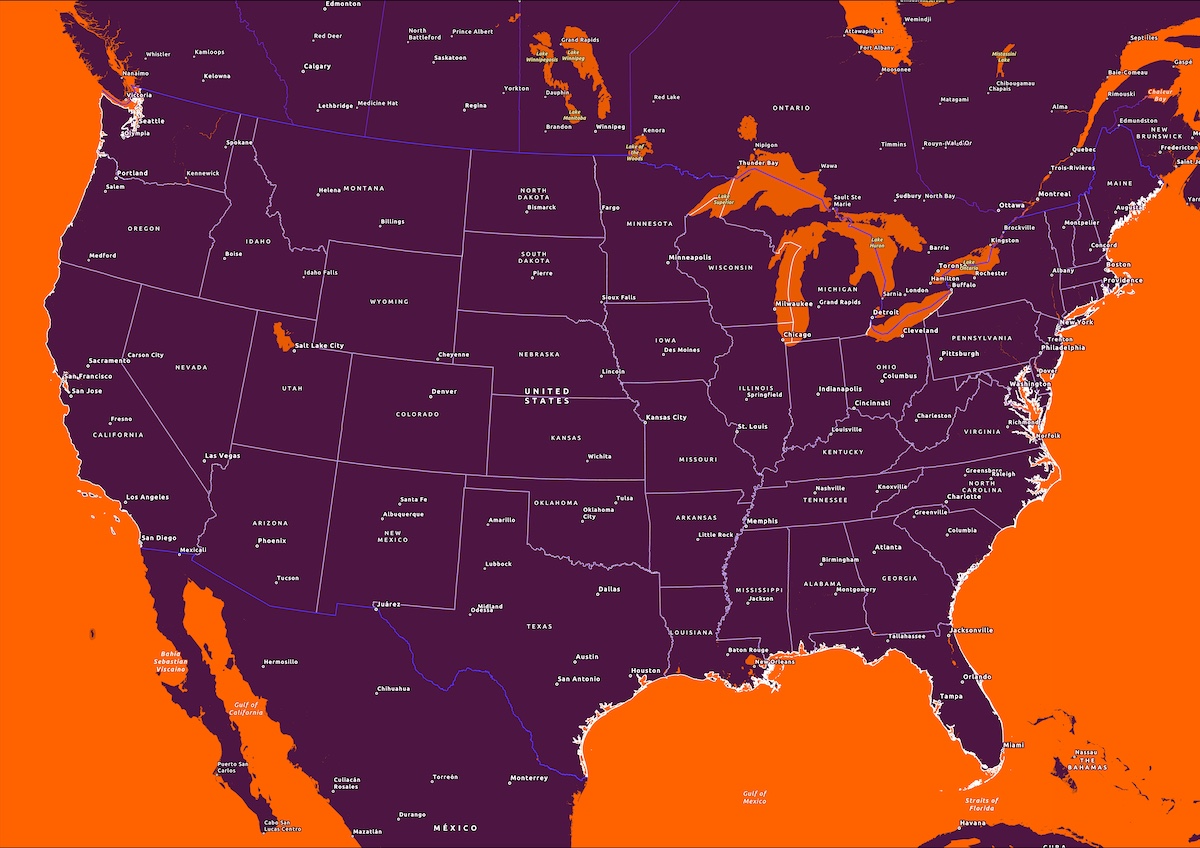
Hiring across state lines is no longer just a strategy for large corporations. With the rise of remote work and the need to find the best talent regardless of location, more businesses are expanding their teams across the country. With that opportunity comes a new set of challenges, especially when it comes to multi-state compliance.
Each state has its own labor laws, tax requirements, and employment regulations. Staying on top of those rules while running your business is a tall order. Here’s what you need to know to keep your operations compliant and your risk low.
What is multi-state compliance?
In simple terms, multi-state compliance means following the right employment laws in every state where you have employees. That could be full-time remote staff, seasonal workers, or a new office location.
Every state handles things differently. Some have their own tax withholding rules, wage requirements, and benefit mandates. What’s standard in Illinois may differ completely in California, Texas, or New York. There is no one-size-fits-all answer.
Ignoring state-specific rules can lead to fines, back pay, or lawsuits. Beyond the legal risk, compliance is about more than just following the rules. It’s about protecting your team and building trust. When employees know you’re doing things right, it reinforces your values as a responsible employer and shows them that their well-being is a top priority.
Key Areas To Watch
Hiring and Onboarding
Even your hiring documents may need to change depending on the state. Some states require specific hiring notices, wage disclosures, or legal language in offer letters. You may need different posters or employee handbooks depending on the location.
Non-Competes and Employment Agreements
Non-compete clauses, arbitration agreements, and confidentiality provisions are regulated differently in each state. For instance, California prohibits most non-compete agreements altogether, while other states allow them within certain limits. If you’re using templated offer letters or contracts, they might not be enforceable everywhere you hire.
Payroll and Taxes
Each state has its own tax rules, which affect income tax withholding, unemployment taxes, and even local taxes. You’ll need to register in each state where you have employees and ensure your payroll system is set up correctly.

Wages, Breaks, and Labor Laws
Minimum wage isn’t the same everywhere. Some states require daily overtime, others don’t. Some mandate paid breaks, others are less strict. You need to follow the most protective law, whether it’s federal, state, or local.
Workers’ Compensation
States require different types of coverage, and some may not recognize out-of-state policies. You’ll need to ensure your coverage meets each state’s regulations.
Leave Policies
Some states require paid sick leave, parental leave, or other protected time off. Others don’t. If you’re using one blanket PTO policy across the board, you might be missing something critical in certain states.
Termination Laws and Final Paychecks
How and when you let someone go also varies by state. Some states require issuing final paychecks immediately, while others give you more time. Severance, unused PTO payout, and notification requirements can differ, too. Having one universal offboarding policy might not cut it if you’re operating in multiple states.
Expanding your team across state lines adds a layer of complexity that most businesses aren’t prepared for. The good news? You don’t have to figure it all out yourself. Multi-state compliance is complicated, but Wage Solutions is here to simplify it. As an Employer of Record (EOR), we handle the behind-the-scenes work that keeps your business compliant. We’ll help you keep everything legal, organized, and running smoothly.


